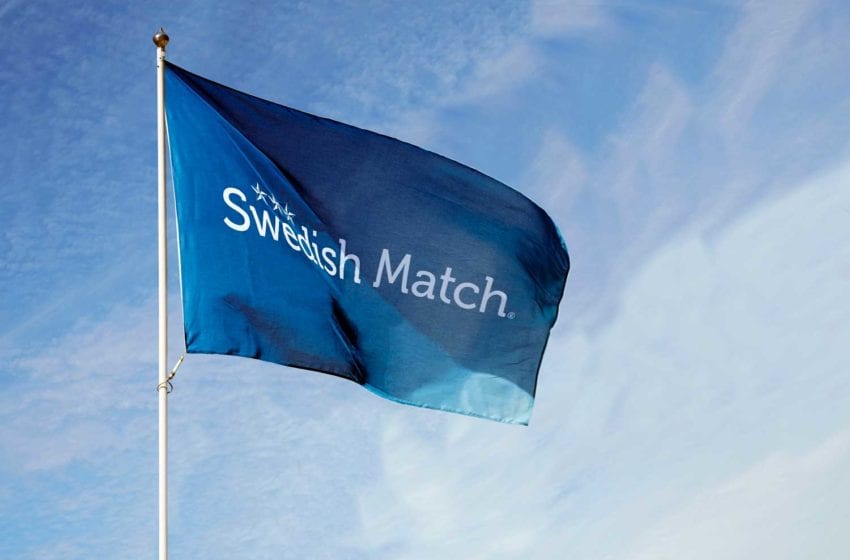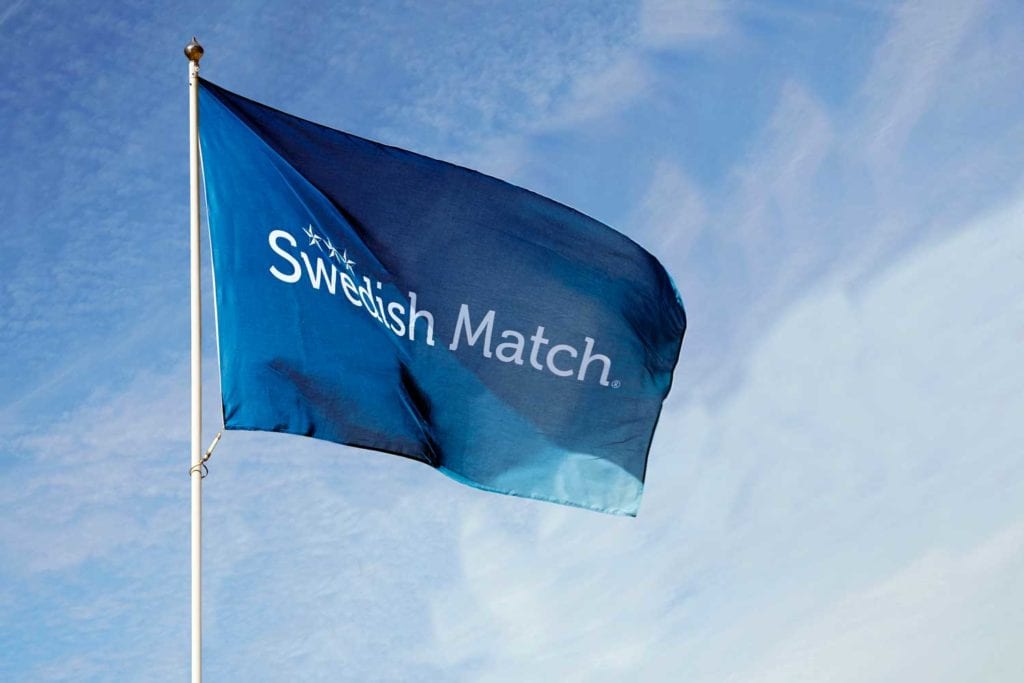
Net sales of Turning Point Brands (TPB) increased 31.2 percent to $105.3 million for the fourth quarter of 2020. Gross profit increased 321.8 percent to $51.8 million, partly due to certain restructuring expenses incurred in the prior year period. Net income increased $25 million to $12.7 million compared to the previous year’s fourth quarter. Adjusted EBITDA increased 80.9 percent to $25.8 million.
Net sales increased 11.9 percent to $405.1 million for the full year ending Dec. 31, 2020. Gross profit increased 38.7 percent to $189.6 million, partly due to certain restructuring expenses in the prior year period. Net income increased $19.3 million to $33 million, which includes premarket tobacco product application (PMTA)-related expenses from the fourth quarter of 2019 through the third quarter of 2020. Adjusted EBITDA increased 34 percent to $90.2 million.
Turning Point Brands has renamed its core business segments from Smoking Products to Zig-Zag Products and Smokeless Products to Stoker’s Products. Historical financial results are not impacted by the segment name change.
“Despite challenges related to Covid-19, our company remained focused on executing our plan throughout 2020 and finished the year strong with tremendous top-line growth in the fourth quarter,” said Larry Wexler, president and CEO, in a statement.
“The year was especially transformational for our Zig-Zag brand as targeted initiatives led to 22 percent growth for the full year as we repositioned it to be our fastest growing segment. Our Stoker’s segment delivered a second consecutive year of double-digit growth driven by incremental share gains in both product lines. Going forward, we expect Zig-Zag and Stoker’s to continue to be the backbone of our organic sales growth.
“NewGen managed to deliver a solid performance despite market disruption around the PMTA application process while creating long-term upside potential through its filed applications. We also had an active year of capital deployment with the acquisition of assets from Durfort as well as investments in the cannabinoid sector in Dosist and Wild Hempettes.
“Most recently, we successfully priced $250 million of senior secured notes, the latest step in the evolution of our capital structure, which gives us increased flexibility to scale the business through additional acquisitions and investments. Capitalizing on our strong momentum and increased liquidity, we expect another strong year in 2021.”




















